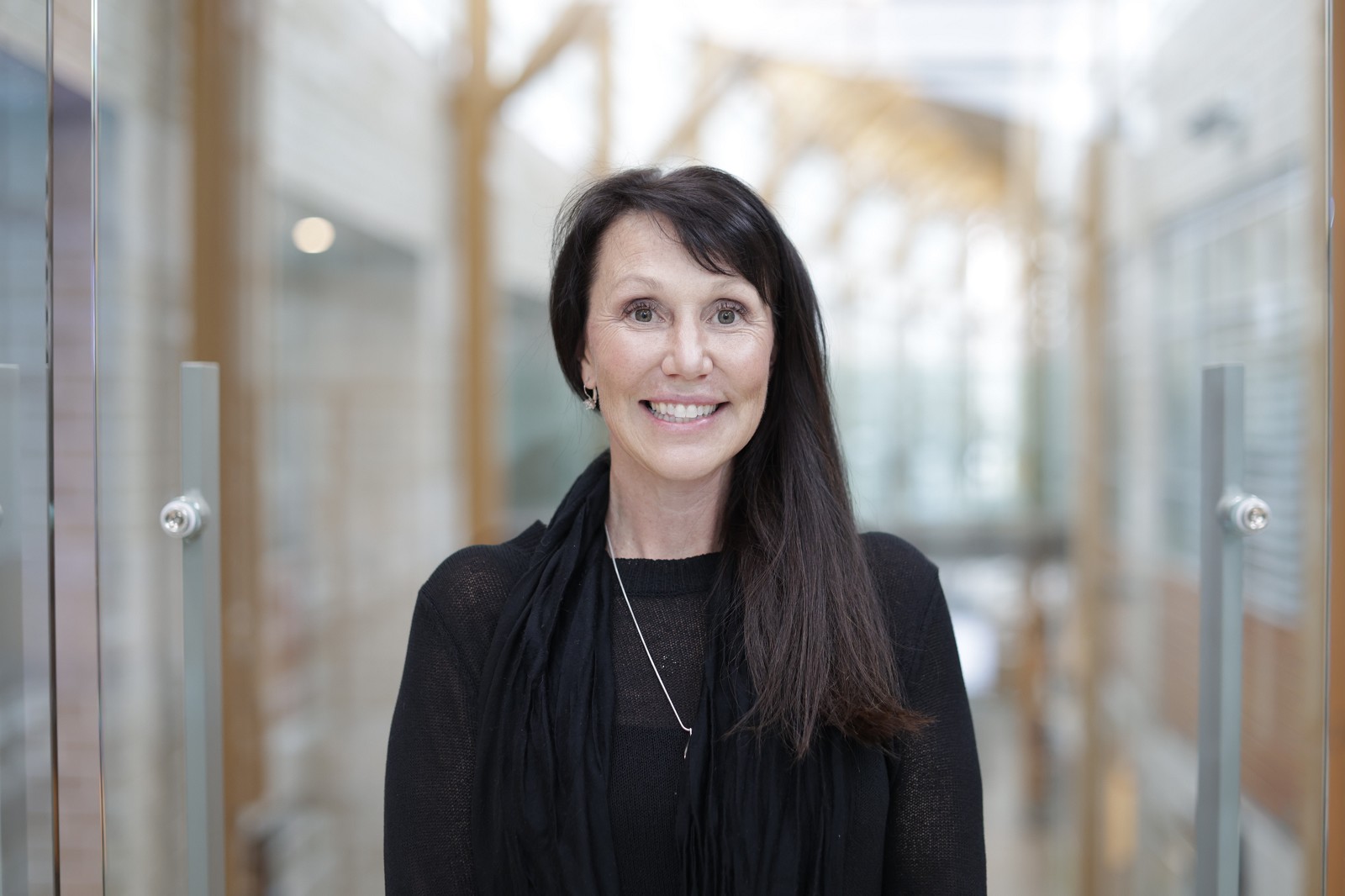Why One Nurse and Cancer Survivor Believes Access to Cancer Care is the Single Most Important Key to
Published Monday, October 17, 2022

by Graham Strong
Seona Furlong was in Arizona visiting her snowbird parents when she first felt the lump in her breast. As a nurse in a family of healthcare professionals, she knew at her young age – Seona was 45 at the time – that it was probably nothing. But she also knew to listen to that little voice in her head… Rather than wait until she got home to Dryden, Seona talked to a doctor friend she knew in Phoenix and got the tests she needed at a clinic there.
Despite her training, despite her medical knowledge, despite working with cancer patients for years, the news Seona heard about her own body was impossible for her to grasp: breast cancer.
“It’s absolutely terrifying,” Seona said. “Initially you’re paralyzed. There is a mental aspect of cancer that I don’t think we fully understand or address. It reduces you to a very humble place.”
Her cancer wasn’t just any breast cancer. Genetic mapping of the tumour confirmed the worst: an aggressive form of breast cancer associated with the BRCA2 gene mutation. Aside from everything else, it also meant that time was even less on her side.
“Time is everything with cancer,” Seona said. “I knew that as a nurse, but it becomes painfully clear when you’re the patient. I’m so glad I had the team of cancer professionals I did to lean on through all of this.”
Seona credits the whole team at Regional Cancer Care - especially the nurses and oncologist Dr. Amir Faghih for helping her get the treatment she needed quickly.
“Dr. Faghih has been wonderful the last four and a half years. He worked collaboratively with the doctors I saw in the States, and he was really progressive.”
That progressive approach included reviewing Seona’s sequencing results and helping her access what was at the time a revolutionary treatment for BRCA-related cancers, the PARP2 inhibitor. Seona also underwent surgery, radiation therapy, and chemotherapy.
Last July, Seona got some great news. After a battery of tests, she learned that she is still cancer free. Seona will still have to have yearly checkups, but thanks to timely treatment, her prognosis looks good.
Seona believes that access to the best cancer services including diagnostics and treatment is the single most important thing we can do to help cancer patients. That’s why she was excited to hear about the new equipment the Regional Cancer Care will be installing, thanks to the support of Thunder Bay Regional Health Sciences Foundation donors. With community support, the cancer program will add a second PET-CT and a third Linac. This will increase cancer care capacity, enabling the program to help more patients – and help them faster with fewer delays in care.
In other words, creating more capacity means creating more time.
“Time really is everything,” Seona repeated. “Any delays during care can literally mean life or death. That’s why I know it’s so important to expand capacity, whether it’s a new PET/CT scanner or a new radiation therapy Linac. It really will make that difference for patients down the road.”
Seona believes the role she played in her own cancer care was crucial, too. Listening to that voice in her head, getting the tests done early, and finding out for herself what new treatments were out there helped her become cancer-free today.
“I knew I had a part to play. The more informed you are and the more active a role you play in your own care, the better your chances will be of surviving your cancer.”
We all have a role to play in cancer care. As Thunder Bay has proven time and again, community support helps get us the equipment we need to provide the best care possible, closer to home.
“When people understand how this investment will save the lives of patients – maybe even themselves or a mother, a brother, a son, or a daughter – they’ll feel good about making that donation,” Seona said.
Please consider giving a donation to the Northern Cancer Fund and support better local and regional cancer care. Make your donation online at healthsciencesfoundation.ca/donate or call our Donation Centre at (807) 345-HOPE (4673). Together, we are making time and saving lives!